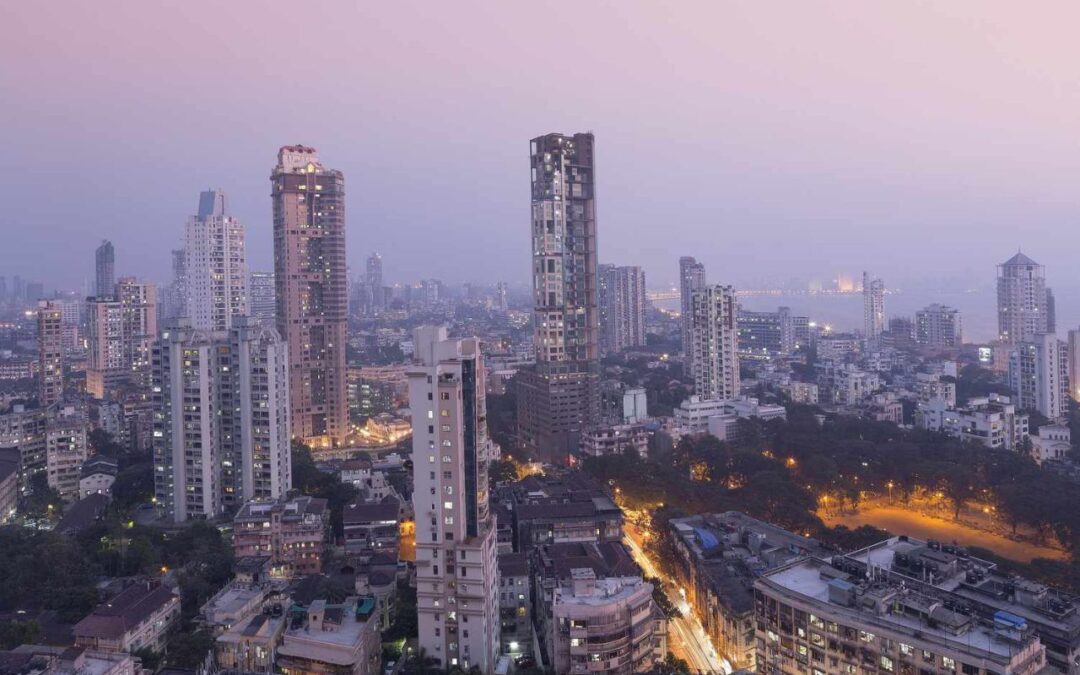Synopsis – Property prices across India’s top 8 cities are witnessing a sharp surge in 2025, driven by growing demand, infrastructure upgrades, and robust economic activity.
In H1 of 2025, the residential property market in India saw considerable gains in major metropolitan markets. the top 8 cities and the growth in percentage and reasons for it, such as luxury launches, and infrastructure are discussed in this article.
National Real Estate Overview – H1 2025
- The weighted average percentage increase across major cities was about 9% YoY.
- The luxury homes will be almost 49% of sales, with premium segment driving value.
- There’s a recent shift in demand for premium homes with better amenities while the affordable segment is declining in sales.
Property Prices Rates of Top 8 Cities
1. Delhi NCR

- Price Increase: 18% Year on year growth
- Reasons: Luxury launches in Gurugram (Golf Course extension Rd, Dwarka Expressway), housing demand from high-net-worth individuals, major upgrades in infrastructure.
- Spotlight: Gurugram’s Golf Course Extension Rd with the Dwarka Expressway.
- Investors Takeaway: Luxury segment is expanding; entry-level points are rising.
2. Bengaluru
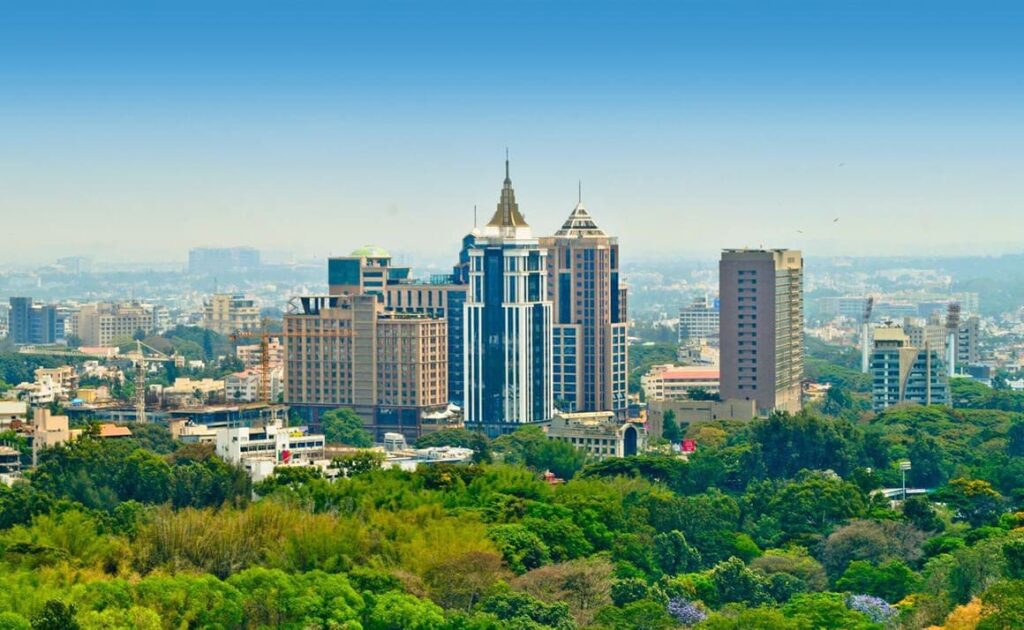
- Annual Growth: 14% Year on year growth
- Reasons: Strong IT growth, tech parks coming online, premium townships, new connectivity.
- Key areas of focus: northern Bengaluru area (Whitefield and Hebbal).
- Investors takeaway: Tech town dynamics, and gated communities drive values.
3. Chennai

- Annual Growth: 12% Year on year growth
- Factors: Developments around manufacturing hub, credible demand from IT/automotive, and new infrastructure development.
- Key Focus Area: OMR corridor (IT hub), Perungudi.
- Takeout for Investors: Demand is concentrated around IT micro-markets.
4. Hyderabad
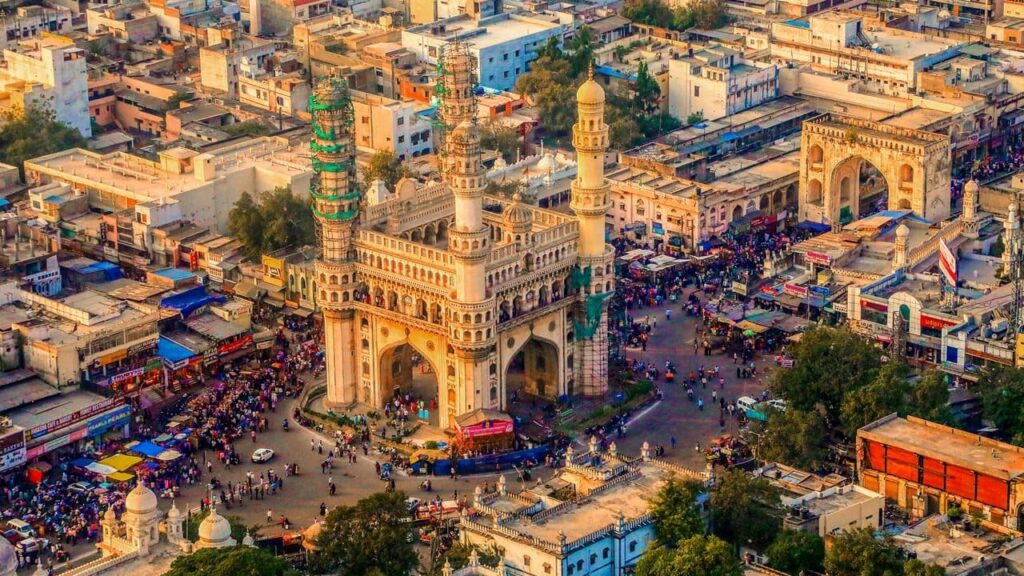
- Annual Growth: 11% Year on year growth
- Reasons: Developing IT corridors (HITEC City and Gachibowli area), healthcare hub to develop, new infrastructure coming online.
- Key area of focus: HITEC City and financial district.
- Investors takeaway: Tech and life sciences are the market growth drivers.
5. Ahmedabad
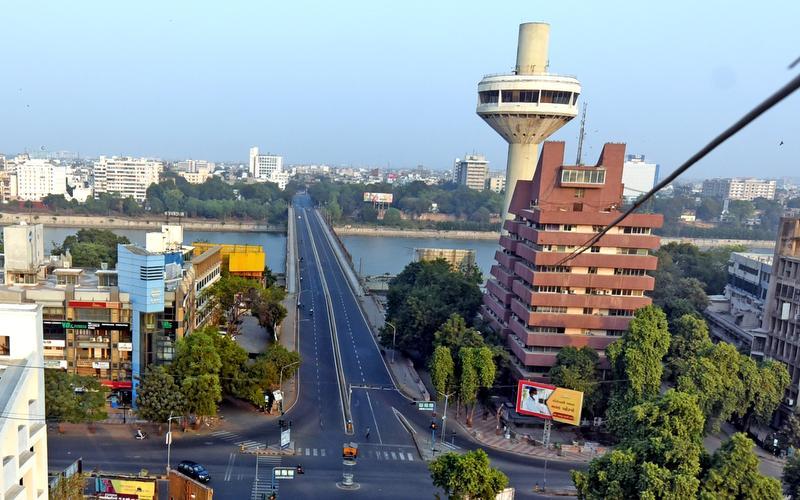
- Annual Growth: 10% Year on year growth
- Factors: Affordable premium housing, rapid urbanisation, and strong investor interest for NRIs and corporates.
- Key Focus Area: SG Highway and Satellite areas.
- Takeout for Investors: Affordable luxury and very strong long-term outlook.
Also read: Top 10 Major Companies Fueling India’s Rapidly Growing $30 Billion Data Centre Industry
6. Mumbai
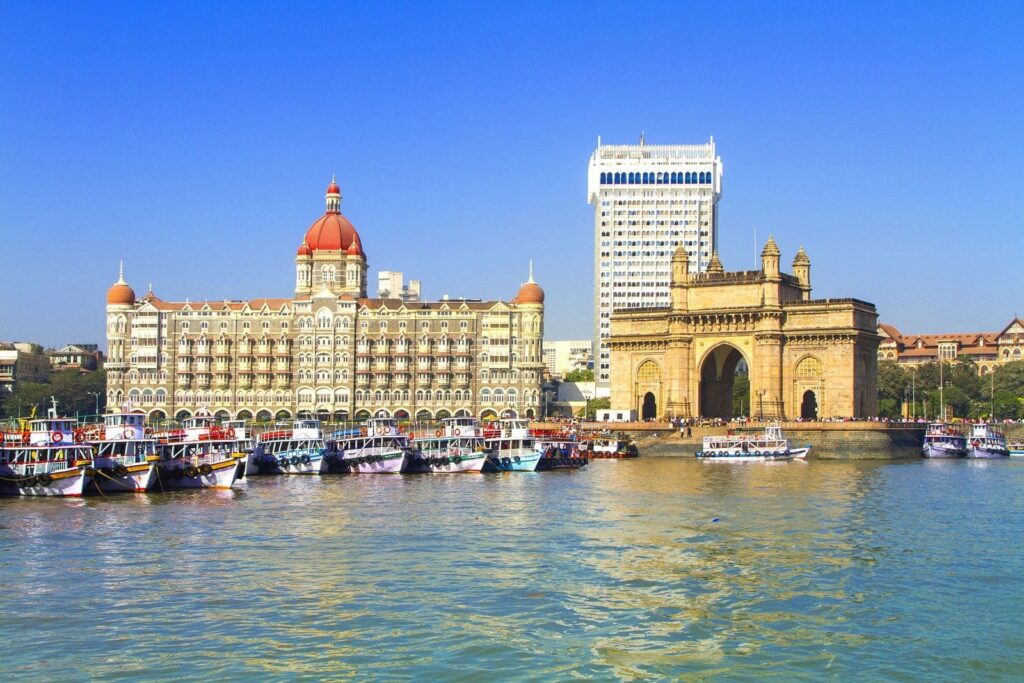
- Growth: 8% Year on year growth
- Reasons: Ongoing demand for prime residential homes, limited inventory, increase in construction costs.
- What to note: High rise premium towers in South Mumbai and the western suburb area.
- Investors takeaway: Ongoing demand for luxury assets; Mumbai is still the most expensive.
7. Pune
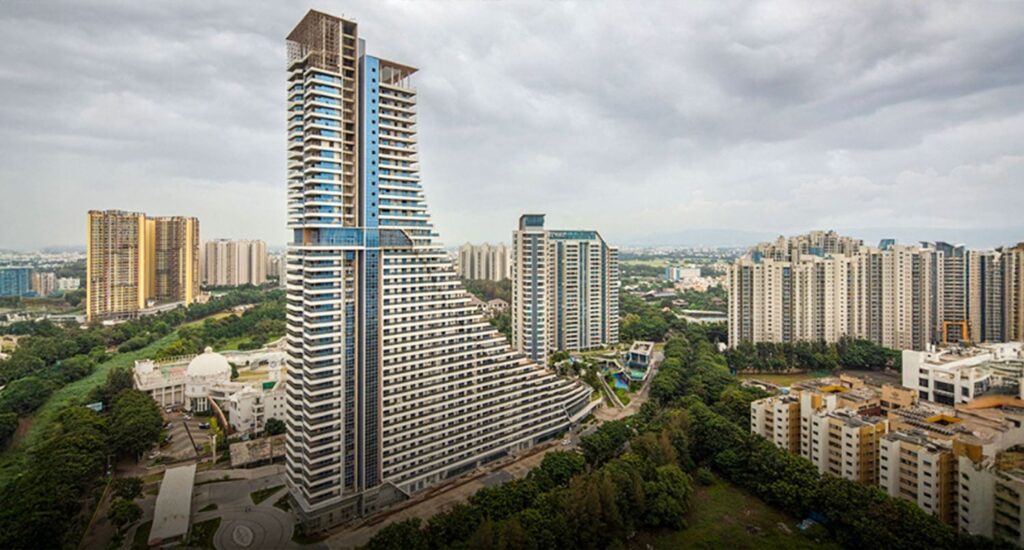
- Annual Growth: 7% Year on year growth
- Factors: Overall launch activity slowed leads to price corrections, growth potential in peripheral micro-markets.
- Key Focus Area: Hinjewadi, Baner micro-markets.
- Takeout for Investors: Potential for action in new integrated tech townships.
8. Kolkata
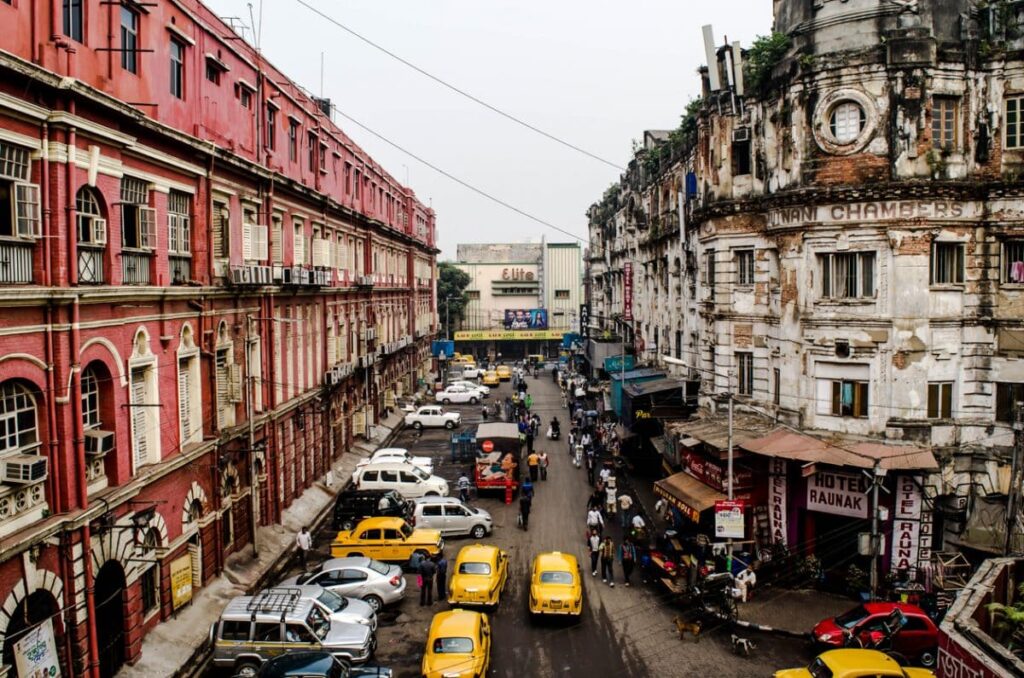
- Annual Growth: 7% Year on year growth
- Factors: Demand seen for affordable luxury and mid segments, better infrastructure developments.
- Key Focus Area: Rajarhat Newtown, Salt Lake areas.
- Takeout for Investors: Long-term luxury living potential through new developments.
Comparative Table
| City | Price Rise H1 2025 (YoY %) | Main Reasons | Investment Note |
| Delhi NCR | 18% | Luxury launches, infrastructure growth | Strong luxury-led appreciation |
| Bengaluru | 14% | IT sector growth, gated communities | Tech-driven demand growth |
| Chennai | 12% | IT & manufacturing hubs | Focus on IT corridors |
| Hyderabad | 11% | IT corridor, biotech growth | Combining tech and pharma demand |
| Ahmedabad | 10% | Affordable premium, urbanisation | High NRI and corporate interest |
| Mumbai | 8% | Limited supply, premium demand | Mumbai remains premium market |
| Pune | 7% | Peripheral micro-markets, corrections | Select opportunity zones |
| Kolkata | 7% | Infrastructure, mid-segment demand | Gradual premiumisation |
City-Level Drivers
- There is a strong shift to premium and luxury inventory that continues to put upward pressure on prices.
- Infrastructure and connectivity continue to provide consistent support to demand from both residential and commercial segments.
- Existing constraints on supply coupled with increasing construction costs exert upward pressure on pricing.
- The demand from professionally employed individuals – mostly driven by IT or the GCC workforce – is primarily supportive of metro areas like Bengaluru and Hyderabad.
- The reach of affordability and regulatory levers could limit demand growth in local areas.
Investor Implications & Outlook
- Real estate investors should maintain an eye towards the long term nature of this market, being selective for which cities not only deliver their projected infrastructure but also projected job growth with an increase in sales of premium and luxury units.
- Rental yield potential remains attractive within a micro-market, combined with capital appreciation potential.
- For maximum returns, it is critical that micro-market selection includes connectivity, amenities, and developer credibility.
Conclusion
As both infrastructure and demand normalize, premium housing emerges favourable in metros like Delhi NCR and Bengaluru, where they can continue to deliver returns that both support investor profiles looking for growth and stability.
Written By Rachna Rajput

